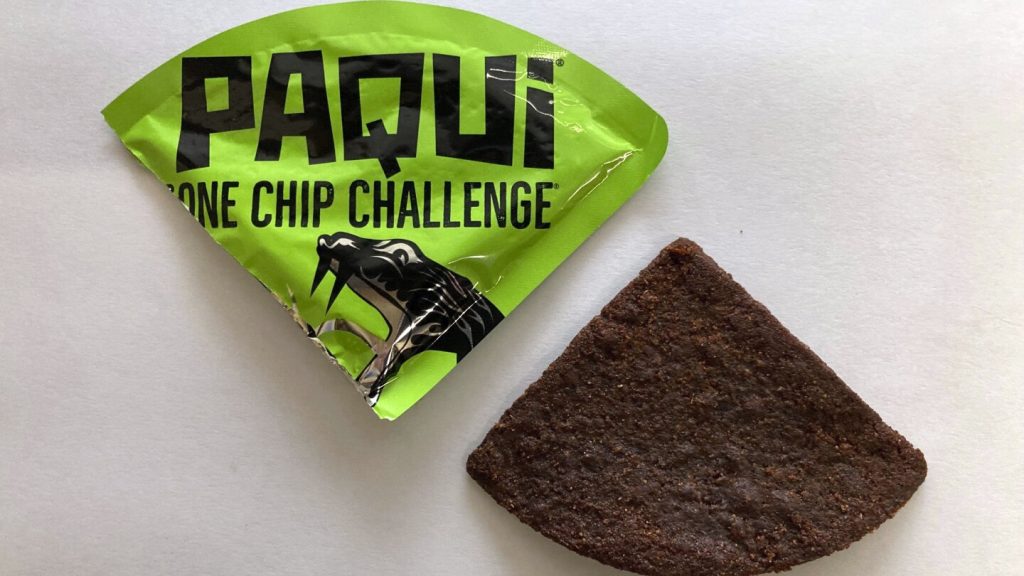A tragic incident involving a Massachusetts teen participating in a spicy tortilla chip challenge on social media has raised concerns about the risks of consuming extremely spicy foods. Harris Wolobah, a 10th grader from Worcester, died after eating a Paqui chip as part of the manufacturer’s “One Chip Challenge.” An autopsy revealed that Harris had consumed a large quantity of chile pepper extract, leading to cardiopulmonary arrest. The autopsy also showed that Harris had a congenital heart defect known as cardiomegaly, which may have made him more susceptible to the negative effects of the chile pepper extract. Experts noted that large doses of capsaicin, the component that gives chile peppers their heat, can put extra pressure on the heart and cause serious issues, even in individuals without underlying risk factors.
The autopsy results suggested that Harris’ heart defect likely played a role in his tragic death, but experts emphasized that anyone, regardless of underlying health conditions, can experience severe heart problems from ingesting large amounts of capsaicin. The cause of Harris’ death was determined to be cardiopulmonary arrest due to capsaicin toxicity, exacerbated by his underlying heart condition. While his case highlights the dangers of extreme spicy food challenges, it also underscores the importance of understanding one’s own health risks when participating in such activities. The Massachusetts state authorities and physicians issued warnings about the potential consequences of consuming spicy foods, especially in concentrated amounts, which can lead to allergic reactions, difficulty breathing, irregular heartbeats, and even heart attacks or strokes.
The Paqui chip challenge, which gained popularity on social media platforms, involved participants eating the chip and then refraining from consuming any other food or water to see how long they could endure the intense heat. Despite warnings on the packaging that the chip was intended for adult consumption only and should be kept away from children and individuals sensitive to spicy foods, reports emerged of teens getting sick after taking part in the challenge. Following Harris’ death, Paqui voluntarily removed the product from shelves in 2023 and discontinued the One Chip Challenge. The trend of spicy food challenges has been prevalent in various forms, from chile pepper eating contests to restaurant challenges involving extra hot dishes. Social media platforms have further popularized these challenges, with individuals vying for internet fame by showcasing their reactions to consuming extremely spicy foods.
The phenomenon of extreme spicy food challenges has been fueled by social media platforms and the allure of competition and risk-taking. From YouTube series showcasing celebrities eating spicy wings to restaurant challenges where patrons attempt to eat hot wings without consuming other food or drinks within a limited time frame, the trend has gained traction in recent years. While these challenges may seem harmless and entertaining to some, the tragic death of Harris Wolobah serves as a stark reminder of the potential dangers associated with consuming concentrated amounts of capsaicin. Poison control centers have issued warnings about the risks of severe allergic reactions, breathing difficulties, irregular heartbeats, and other serious health issues that can arise from ingesting such high concentrations of capsaicin. It is essential for individuals to exercise caution and awareness when participating in extreme spicy food challenges to prevent unintended consequences and potential harm to their health.
In response to Harris’ death, Massachusetts authorities and physicians have emphasized the importance of understanding the potential risks associated with consuming extremely spicy foods. The concentration of capsaicin in products like the Paqui chip can have serious health implications, particularly for individuals with underlying health conditions such as heart defects. While the allure of social media challenges may entice individuals to participate in extreme food challenges for entertainment and validation, it is crucial to prioritize health and safety. By promoting awareness of the risks involved in consuming concentrated amounts of capsaicin, authorities aim to prevent similar tragedies and protect individuals from the potential dangers of extreme spicy food challenges. The tragic loss of Harris Wolobah serves as a poignant reminder of the importance of informed decision-making and responsible consumption when engaging in such activities.


